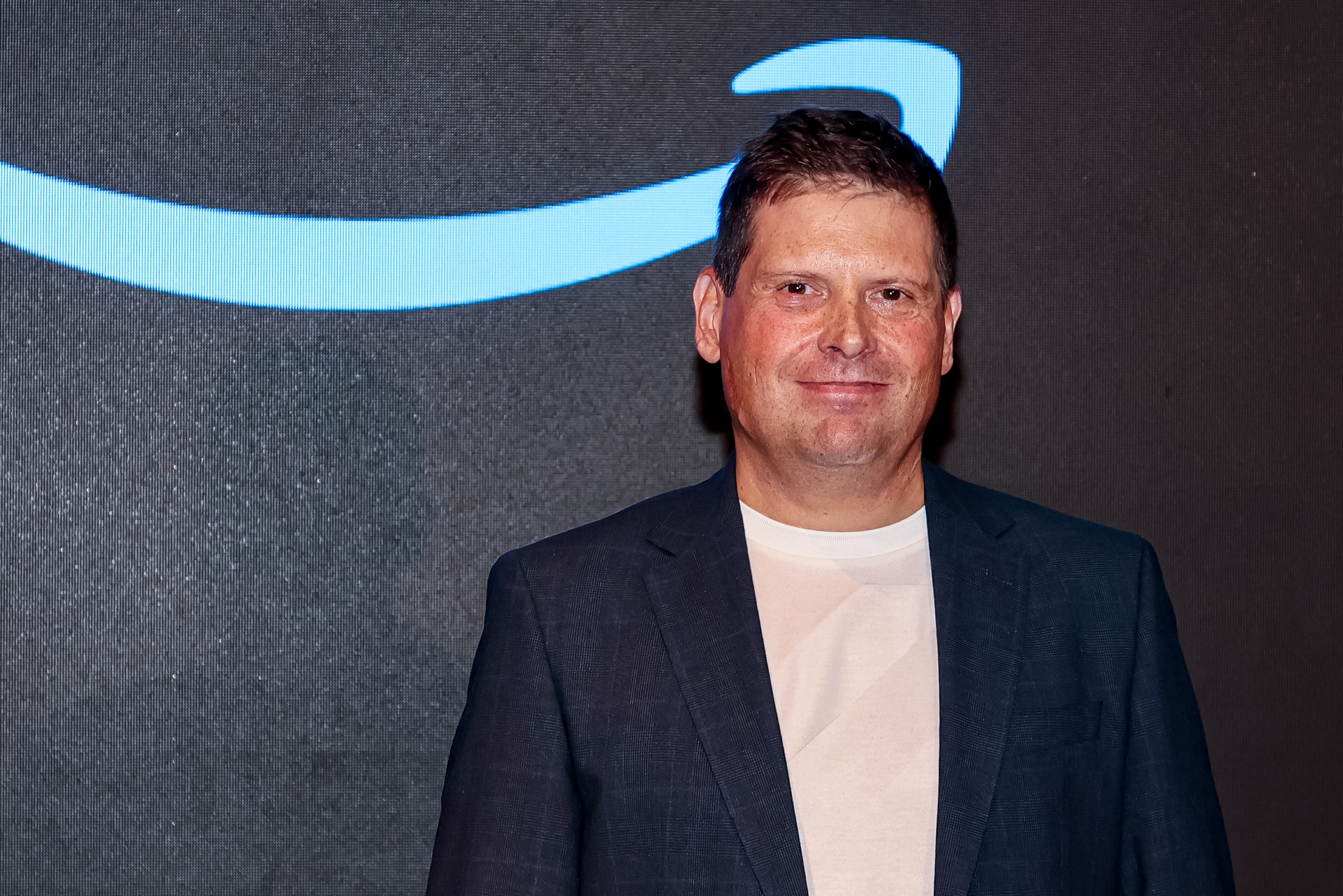Jan Ullrich opens up about doping before documentary about his traumatic life and career
'I didn't want to be a traitor' 1997 Tour de France winner says justifying his silence

Jan Ullrich has opened up for the first time about blood doping during his career, with the 1997 Tour de France winner expected to make a fuller, detailed confession in a four-part documentary series that will be released on Amazon Prime in Germany from November 28 called 'Der Gejagte' – 'The Hunted'.
Ullrich lost control of his life in 2018 due to alcohol and cocaine but recovered thanks to help from one-time rival Lance Armstrong and then professional help in Germany.
He suggests the two-year process of creating an intimate documentary series about his life has helped him finally find peace with his past.
Ullrich's victory in the 1997 Tour de France made him the poster boy for a boom in German cycling and he became Armstrong's biggest rival in the sport before allegations and then proof emerged that he was part of the infamous blood doping ring centred on Dr. Eufemiano Fuentes.
Ullrich once claimed that he "never cheated on anyone" but that was linked to his belief that all his rivals were also doping.
"If you wanted to keep up, you had to take part," Ullrich said in an interview with German weekly magazine Stern a few days before the documentary is released.
"The general attitude was: If you don't do this, how will you survive in a race? Without help, the widespread perception at the time was that it would be like going to a gunfight armed only with a knife."
Get The Leadout Newsletter
The latest race content, interviews, features, reviews and expert buying guides, direct to your inbox!
Ullrich will turn 50 on December 2, and the release of the documentary will make another important step in his return to full health and acknowledgement of his past. He now says he regrets not speaking sooner, now knowing that a confession could help him find inner peace and overcome his personal problems.
"In 2006 I wasn't able to talk because I didn't want to be a traitor," Ullrich told Stern. "I didn't want to come out with half-truths and certainly not with the whole truth.
"The lawyers told me: Either you go out and tear everything down, or you don't say anything at all. I decided on the second recommendation at the time. Because tearing everything down would also have meant that I'm dragging a lot of people down with me into the abyss.
"From today's perspective, I should have spoken. It would have been very hard for a brief moment, but after that life would have been easier."
Ullrich was eventually banned for doping in 2012 after the drawn-out Dr. Fuentes investigation in Spain. He was also stripped of his results from 2005 and 2006.
In 2015 he moved to Mallorca to try to start a new life. Money wasn’t a problem but his mental health was. He began drinking heavily – up to two bottles of whiskey a day – and also consumed cocaine after he separated from his wife Sara, who took their children back to Germany.
"The crash in 2018 almost cost me my life, I lost a lot," Ullrich said, suggesting he was not "far from death."
"The mix of whiskey and cocaine made my heart colder. It brings up all the evil qualities in you. It turns you into a monster in a very short time." If you no longer have a heart, you are no longer human."
Ullrich was taken into police custody twice in 2018, once after breaking into a neighbour's home in Mallorca, and then after attacking an escort in a Frankfurt hotel. The huge headlines in Germany lifted the lid on Ullrich's personal problems.
His wife's threat to stop him speaking to his children made Ullrich seek professional help. An intervention by Armstrong, who travelled to Europe to help his former rival, also played a significant role. The two are now good friends and again went riding together in Mallorca this summer.
The documentary has been part of his long healing process, with Ullrich returning to the Tour de France and other races to see former teammates and friends. He has also returned to riding his bike regularly.
"I'm hungry for life again," Ullrich said. "I want to see my children grow up."

Stephen is one of the most experienced member of the Cyclingnews team, having reported on professional cycling since 1994. He has been Head of News at Cyclingnews since 2022, before which he held the position of European editor since 2012 and previously worked for Reuters, Shift Active Media, and CyclingWeekly, among other publications.